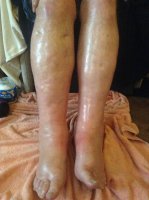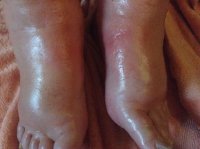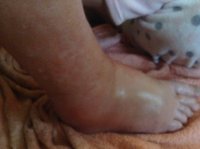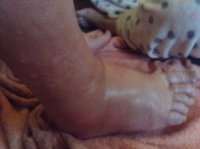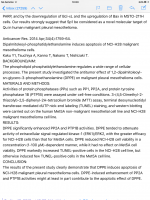Elderflower j58
Member
Hello, my very ill husband (advanced pleural mesothelioma) has had swollen ankles for about 2 weeks ,last few days chronically swollen up to the knees .Today when I went to massage them I felt some blisters and warm fluid on my hands .He was given Lasix last Friday ,didn't work ,told to double dose still didn't work . I'm trying to connect some dots ,not 100% sure but around the same time as swelling he was given a nebuliser from McMillan nurses ,2 different meds ,sodium chloride ,salbutamol sulphate. The sodium chloride is 0.9% which according to peat causes edema and should be 7. 9 % to be effective , just found this out today not sure which article, water swelling salt leaking etc .can anyone help me to lower this swelling .I feel very badly letdown by the nhs we we were more or less cast aside especially when he didn't want chemo even our own gp knows next to nothing about mesothelioma,

